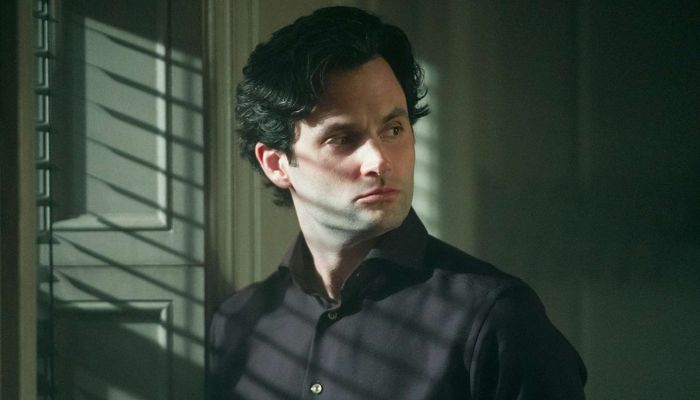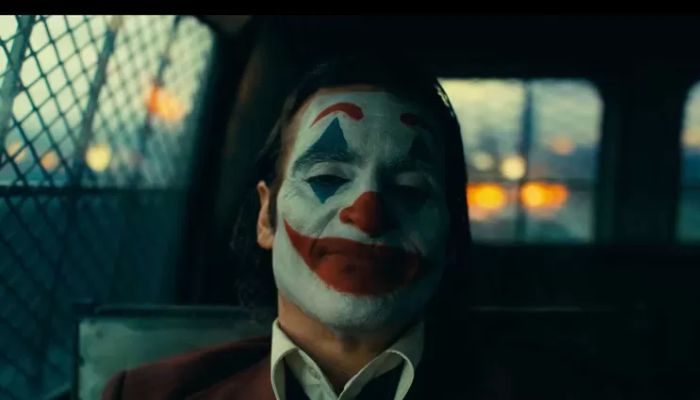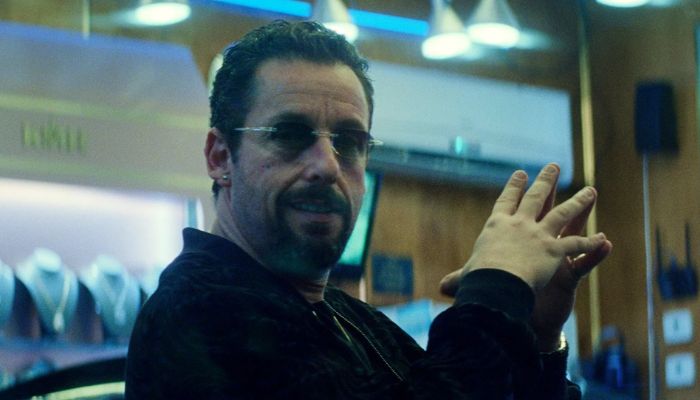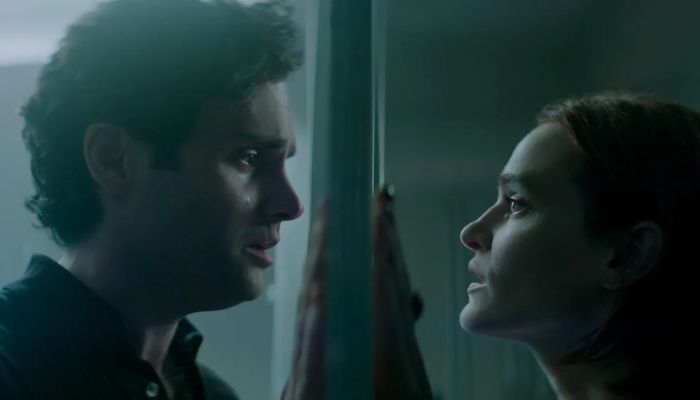Home / Entertainment
Why viewers keep rooting for the villain: Hollywood’s anti-hero era
As audiences tastes evolves, Hollywood is creating more complex characters

At some point in the last decade, the line between 'Hero' and 'Villain' blurred, going unnoticed by many of us.
Often as a viewer, we used to cheer for the good guys and call out the 'bad guys.' However, now, somehow the antagonist/villain got more depth and became more compelling. And suddenly the audience found themselves not rooting for the protagonist/heroes anymore.
The audiences have begun dissecting the trauma behind the toxic behaviours of such characters and some even try to defend them online.
Take Arthur Fleck in 2019’s Joker, portrayed by Joaquin Phoenix.

A failed comedian, a social outcast, broken and isolated from society slowly becomes a symbol for chaos and his descent into violence isn’t framed as excusable but rather, understandable.
Then there is Howard Ratner in Uncut Gems, played by Adam Sandler.

A charismatic yet compulsive jeweler with a gambling addiction. He lies and cheats his way through life, so by all accounts he should be unbearable. And yet, we watch him with ease, hoping he pulls off the impossible. The reason behind this "odd" behaviour is because beneath the chaos, there’s hunger to win in the system that has never felt fair to anyone.
Howard isn’t a hero, but a guy who’s chasing something we all recognise, validation and success.
While talking about villains who earned the love of their audience, Joe Goldberg from You can not be skipped out on.

Played by the star Penn Badgley, the character is a stalker, a killer, and a man who narrates his tale with charm.
Joe Goldberg was written with enough internal conflict to keep us questioning ourselves. Logically, we know he’s dangerous but the way the series is written, his romanticised monologue tricks the person watching the show, making the audience complicit.
It’s not that the viewer forgets who he is as a person, it's that they are made to see the "humanity" he uses to justify it. It’s unsettling and that is the point.
So the question arises, why are the viewers so drawn to these characters?
Audiences are tired of one dimensional heroes. The real world is messy place. It is often unfair and morally grey. So the traditional heroes, with their clean set ethics and values, and optimism, often feel detached from reality.
Meanwhile anti-heroes reflect our own struggles which is why some people might find themselves relating to them. They are flawed and don’t pretend to be perfect and sometimes reflect what the viewer feels inside, which speaks louder than any protagonist ever could.
Modern storytelling has also changed over the years where the new generation of audience no longer crave the simple good vs evil.
They want intricacy and complexity, and want to understand the reasoning behind the actions of those characters. Whether it's any sort of trauma they have endured, or betrayal, villains' tale often carries pain that makes the audience feel a deeper emotion compared to just heroism.
These narratives, which have taken years to evolve, also encourage conversation about topics that were once sidelined or ignored by the mainstream media such as mental health, trauma, and justice.
However, 'rooting' for villains or relating with them in any way doesn’t necessarily mean the audience has lost their moral compass or they approve of their actions.
Instead, what it means is that they have started asking deeper questions like 'What makes someone "bad"? Is it their actions or the world that shaped them to be like this?' because the viewer finds themselves relating to the anti-heroes’ frustrations.
Anti-heroes give us the chance to keep in check and inspect the darker corners of our own psyche from a safe distance. They make us ponder upon what we would do in complicated situations and make us question “What would I do if pushed far enough?”
This new anti-hero era is a shift from the black and white storytelling to something more refined and complex.
Heroes no longer intrigue us as they used to represent 'who we wanted to be.' The anti-heroes shows us who we are as a person or at least who we are afraid we might become if push comes to shove.
These stories on our Televisions aren’t about justifying, defending or glorifying the act of violence or manipulation such characters are prone to do, but about dealing with discomfort, exploring grey areas, and giving a voice to characters who don’t fit in.












